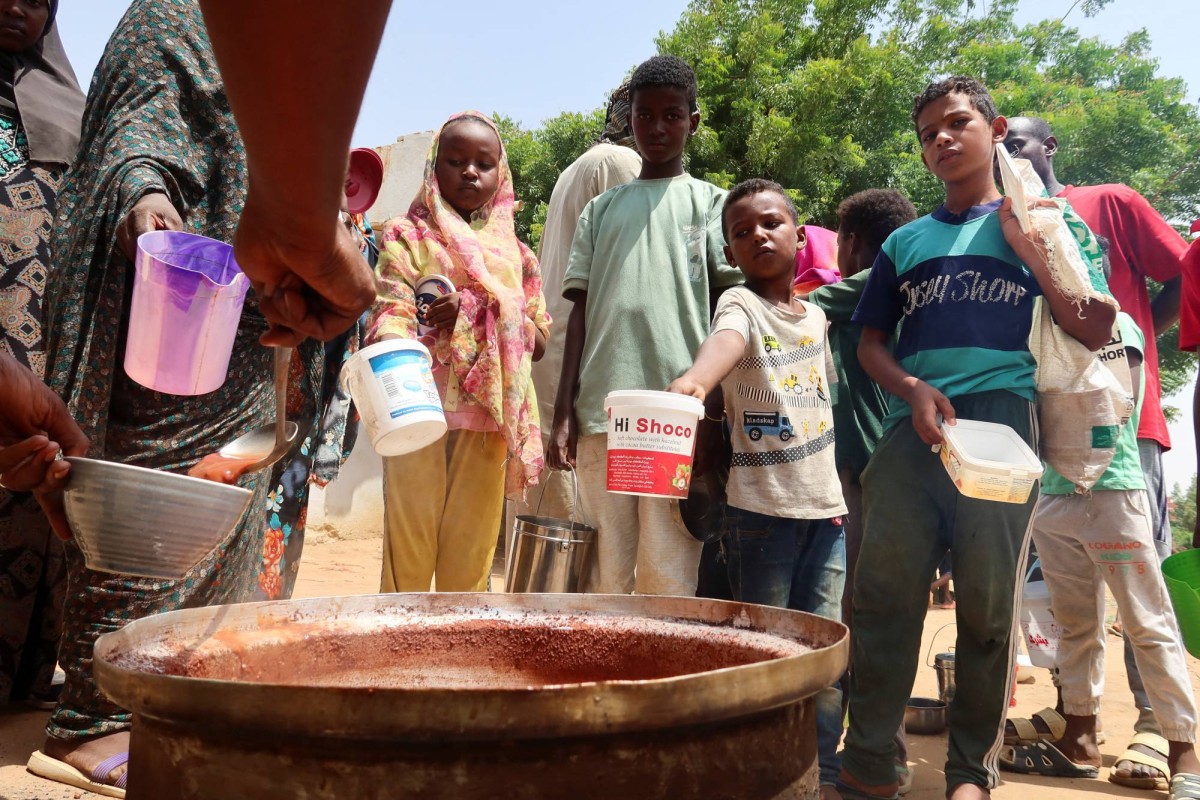The United Nations welcomes the resumption of negotiations between the army and the Rapid Support Forces.


The United Nations Integrated Transition Support Mission in Sudan (UNITAMIS) welcomed the resumption of talks between representatives of the Sudanese Armed Forces and the Rapid Support Forces, facilitated by the Kingdom of Saudi Arabia, the United States of America, the African Union and the Intergovernmental Authority on Development (IGAD), while the commander of the Army Abdel Fattah Al-Burhan, a Western diplomat, said that the army “does not want to be a party to any political process in the future.”
The UN mission expressed, in a statement, its hope that this new round of negotiations would lead to the implementation of the Jeddah Declaration of Principles for the Protection of Civilians signed between the two sides of the war last May, and a comprehensive ceasefire, “both of which are necessary to alleviate the suffering of the Sudanese people.” . She praised the ongoing initiatives aimed at ending nearly 7 months of simmering hostilities in Sudan.
She said, in the statement, that she will continue to work with international and regional actors, including the African Union and IGAD, to support ongoing mediation efforts to reach a peaceful solution to the conflict in Sudan.
On the other hand, the mission welcomed the initiative launched by a wide range of civilian actors calling for an end to the war, stressing “the urgent need to find a solution that leads to the resumption of the democratic political transition process.”
In turn, the Rapid Support Forces welcomed the joint statement of the facilitators team, affirming their commitment to “the basic principles of negotiation and the rules of conduct approved by the facilitators.” She said in a statement issued by her official spokesman’s office: “We will work hard to address the issues of delivering humanitarian aid and protecting civilians in a way that can alleviate the suffering of the people and restore their freedom and dignity.”
The statement added that “the Rapid Support Forces believe in negotiated solutions to reach a comprehensive solution that addresses the roots of the Sudanese crisis, and establishes the foundation for building the state on new foundations, to restore a single professional national army that distances itself from politics.”
In parallel, the head of the Sovereignty Council and the Army Commander, Abdel Fattah Al-Burhan, confirmed that the army “will not be a party to any political process in the future, and will not interfere in the administration of the independent transitional government in the country.”
The “Transitional Sovereignty Council” announcement said that Al-Burhan met with the Swiss envoy to the Horn of Africa, Sylvain Esther, who is visiting the country, and informed him during the meeting of the army’s unwillingness to be a party to any political process, “and they discussed the importance of forming a government of independents to manage the transitional phase.” , leading to holding general elections.”
The two men also touched on internal and external efforts aimed at ending the war in Sudan, the humanitarian situation, and ways to facilitate the delivery of aid to those who deserve it.